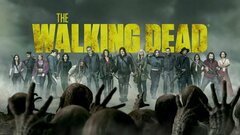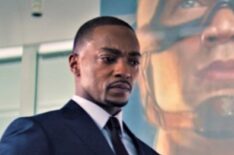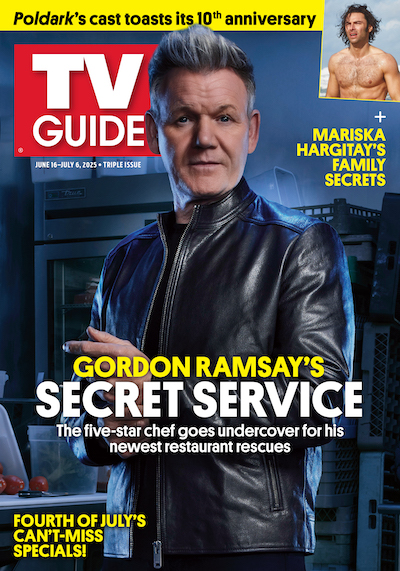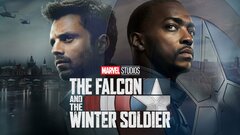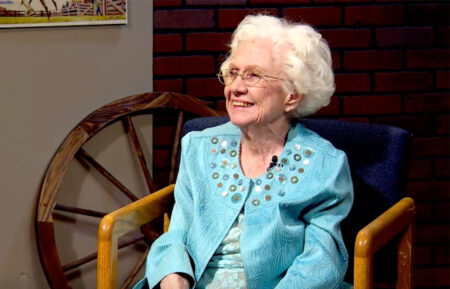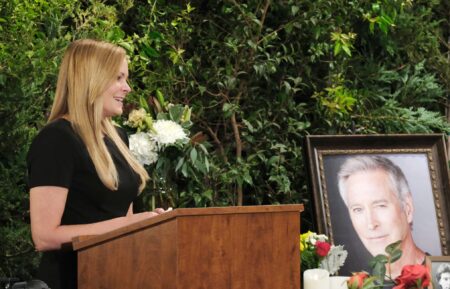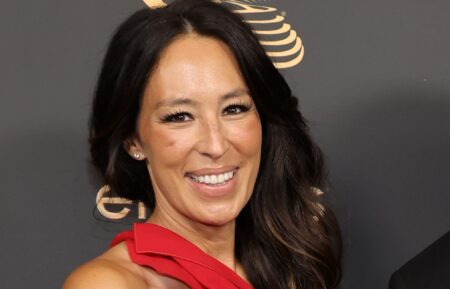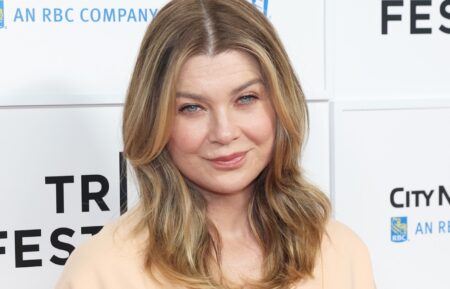How Did ‘The Walking Dead’ Help Shape ‘The Falcon and the Winter Solider’?
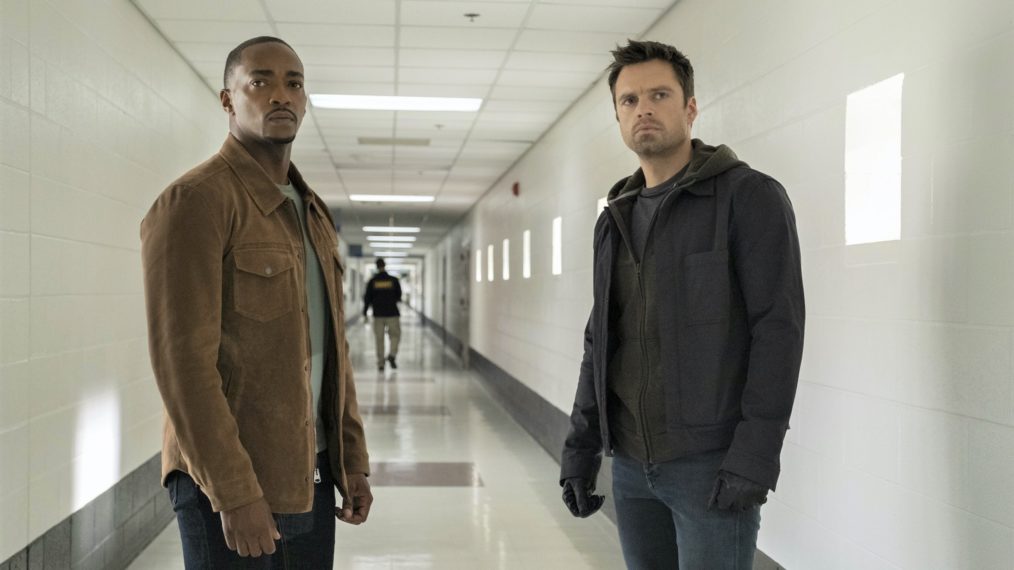
The Falcon and the Winter Soldier is the latest Marvel series to come to Disney+ but in many ways, it’s worlds apart from the recent topsy turvy WandaVision. In fact, this series, which follows the continued journey of Sam “Falcon” Wilson (Anthony Mackie) and James “Bucky” Barnes, aka The Winter Solider (Sebastian Stan) and debuted March 19, is more traditional Marvel in terms of the balance of great action sequences and personal moments we’ve grown to love.
In creating the story, there’s also the look of the series and choices made to take us into this world of six hour-long episodes. Kari Skogland directed the first episode of the series and talked to TV Insider about how she approached her job and how past work directing on shows like The Walking Dead helped her in her work here.
The first episode was so fun and what I had expected given the Marvel feel. What were your expectations coming into this world as director and executive producer?
Kari Skogland: I had zero expectations but my excitement was off the Richter. I had never done a Marvel film before so I didn’t really know what I didn’t know. I just went in with my suitcase full of my experience and brought to it what I could. What is fantastic is they really want you to bring your filmmaking voice to it. Kevin [Feige, President, Marvel Studios], from the beginning, and right up to the very end, “Make it yours, Kari. As a filmmaker bring your voice to the story.”
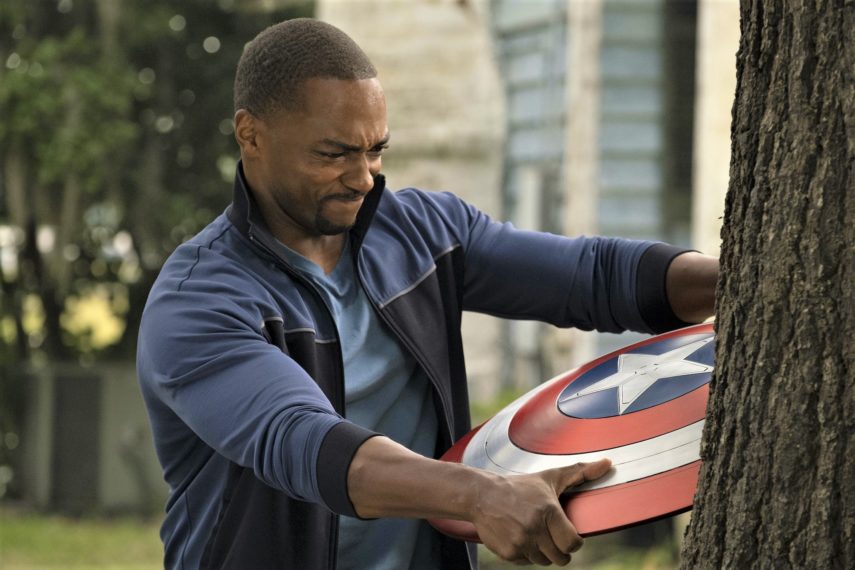
Normally my question for a first episode of any series would be how did you create the template as director but you have this big movie universe to fall back on a little bit. Did you go back and look at any of the past films?
Oh yeah. You want to tuck into the same world. Although I have to say, I looked at all of their material and then I was really informed by many other titles. Malcolm [Spellman, head writer] and I together looked at classics like 48 Hours and Lethal Weapon and Midnight Run. I try to feed the brain with a very broad spectrum over the years, even as crazy as John Ford or David Lean or Lina Wertmüller.
So I used a lot of focal length, interesting camera angles, where I wanted to use it in particular for intimacy, because we are going to spend time with these characters in a different way. When you have six hours as compared to two hours, the six hours is the meal. Two hours is the snack. So once we get into the meal, you really want to make these characters interesting and you want to be with them.
”
How do you make sure the action and more emotional, character moments were balanced?
Well, obviously that’s where post-production comes in because you get to re-edit. And I always look at the editing process as a way to redirect everything because I shoot for the editing room. I feel like there, I’m going to have the time to be thoughtful and try other stuff. While you’re in production, the clock is ticking, it’s an expensive clock. So obviously you make decisions going in, but you hope for some further inspiration and you’re able to shape shift it in post.
Story and character has to be part of the action sequences or else they’re simply not interesting. You want to make sure that you are somehow along for the ride with the characters but you’re also learning something or doing something. I look at a dramatic scene in the same way as I look at an action sequence, there’s a beginning, middle and end. There’s still a story to that drama between the two people. So they’re not mutually exclusive, even if the camera work and the way I approached them, feels like it.
Bucky and Sam aren’t together in the first episode, which surprised me. Why was that decision made in the story?
We needed to set the table and learn who they are now separately before we go on the road with them. We had quite a bit of a story to set up. Sam picks up [Captain America’s] shield and it has to decide as a black man, is that what he wants? What does it represent? And that’s a big conversation given that when he’s blipped back, the world has changed. He has to figure out his own relevance, that alone, this thing that he now has. If he wants it or not.
And Bucky, similarly, we have to find out just where he’s sitting in this. He’s 108 years old. Going forward, who is he? He has guilt issues. He’s got to face the violence, he’s got to look at the victims and decide how to heal. So that’s a fair bit in each character to make sure that we manage before we complicate it with their own loss, which is the loss of their friend. And how they both kind of need each other, even though they’re not really friends. So it really was story just drove us to wait.
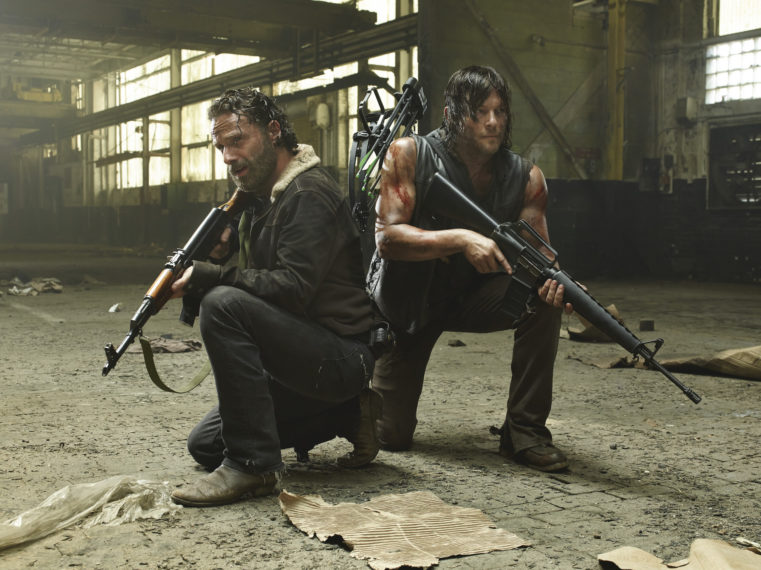
Photo Credit: Frank Ockenfels 3/AMC
Was there something previous in your career that actually helped you with this show? You’ve directed The Walking Dead and a lot of other big concept shows in your career.
Well, sure. I wrote a movie and directed something called 50 Dead Men Walking, which was also a relationship with two men and action and so on. Actually, in The Walking Dead, I had so much fun. We did a road movie [2016’s ‘The Next World’ episode] with Andrew Lincoln and Norman Reedus. I think weirdly I’ve done a bunch of work where the male relationship was explored and I drew on all of that.
I appreciate that about the Marvel movies that the men are allowed to get emotional. They’re not just valiant, unfeeling guys and you see that a lot in this show.
Sam and Bucky are both in vulnerable spots and it was great to be able to see that in classic hero movies or hero characters that, oh, by the way, they have another side once you’ve put them in real-world environments. Also, we had six hours so when you’re in a movie and you’re struggling against the timeframe of it, once you’re into saving the world, it’s very hard to take time out of that and go, “Oh, let’s go with the characters for a little while.” Because the stakes are too high to do that. So in a six hour movie, which is how we looked at it, as a six hour movie, you get a little bit more time to be able to go, “Okay. While that’s percolating, we can go down this road with them.” So that makes us go behind the curtain.
The Falcon and the Winter Solider, new episodes every Friday, Disney+.
From TV Guide Magazine
Behind the Scenes With Gordon Ramsay: 20 Years of Cooking Up TV Hits
The celebrity chef reflects on redefining culinary television and his fiery journey Hell’s Kitchen to Secret Service. Read the story now on TV Insider.
